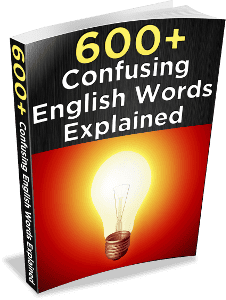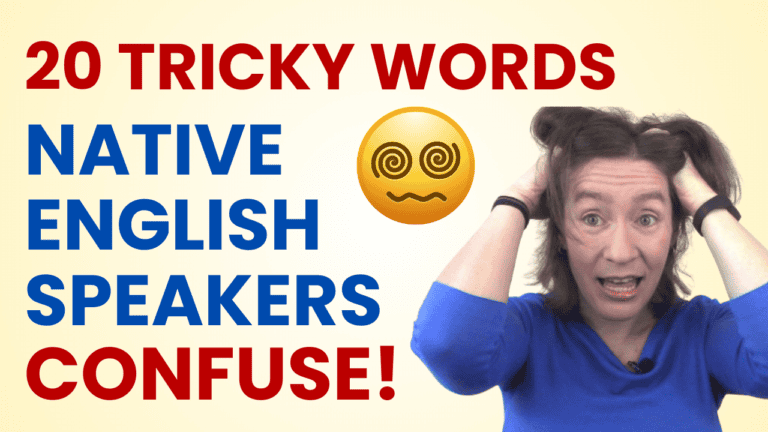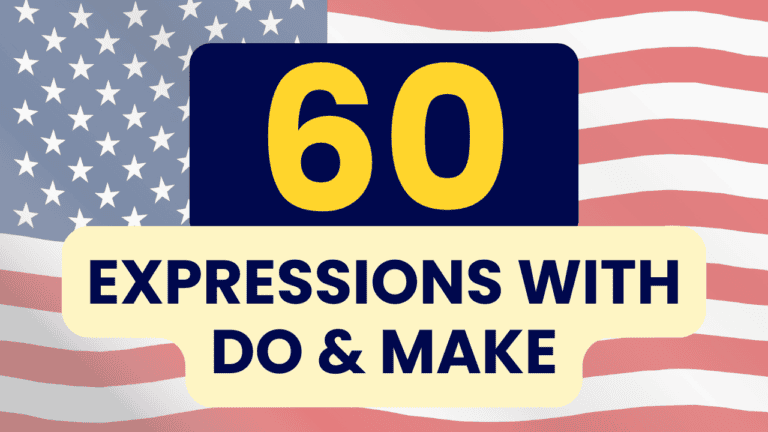
These two words might be the same in some languages – but in English they are different, and I often see students confuse them. Both of these words can be both nouns and verbs.
Let’s see how exactly they are used – and if you want to learn more than 600 pairs of confusing words, make sure to check out my e-book all about them.
Experiment
An experiment or to experiment means to try something in order to see the results, see if it works or doesn’t work. So scientists do experiments to make new discoveries; maybe they’re experimenting with a new medicine to see if it’s effective and safe and what’s the right dose, the right amount.
Experiments are not only in the world of science; you can also do experiments when you want to see if something will work in your own life. So if you’re trying to lose weight, you might experiment with different types of diets – maybe you try one type of diet for a month, and then you try a vegetarian diet for three months, and then a low-carb diet for a couple of months – you are experimenting to see which diet might work best for your body.
Or let’s say you have a school that likes to innovate and try new things, and they want to get the students to read more books, so they start a special program where if the student reads five books in one month, they get a special reward or prize. So the school might say this project is an experiment to see if it’s effective in getting the students to read. It’s something they are trying in order to see the results.
Experience
The word experience is when something happens to us, or when we feel something. So you might say that studying abroad (that means studying in a different country) was a great experience – it was a great thing that happened to me.
We can also say someone has a lot of experience in an area, meaning they have learned and done a lot of things in that area. She has a lot of experience in finance. He has a lot of experience in hiking. Meaning they have done those activities a lot in the past, so they are probably pretty knowledgeable about the area or activity.
So to review – experiment refers to something we do in order to see the results, see if it will work or not. Experience refers to something that happens to us, or to someone’s previous activity in an area.
Experiment & Experience: Countable or uncountable?
One last point, the word experiment is countable – one experiment, two experiments, many experiments, etc. The word experience is countable in some cases and uncountable in others. When we’re talking about different events that happened to us, then it’s countable, for example:
- I’ve had two bad experiences at that restaurant. – two times that I’ve gone and had bad things happen to me, maybe the food or service was bad
But when we’re talking about someone’s previous activity in an area, then it is uncountable. So we say:
- I have a lot of experience teaching English.
(not “a lot of experiences”) - He has very little experience in marketing.
(not “very few experiences”)
How to pronounce experiment & experience
A final difference is the pronunciation, which you might have noticed throughout this lesson.
In experiment we pronounce that “per” part as PER: ex-PER-i-ment.
In experience it sounds more like PEER: ex-PEER-i-ence.
It’s the stressed syllable in both words, but it sounds slightly different.










